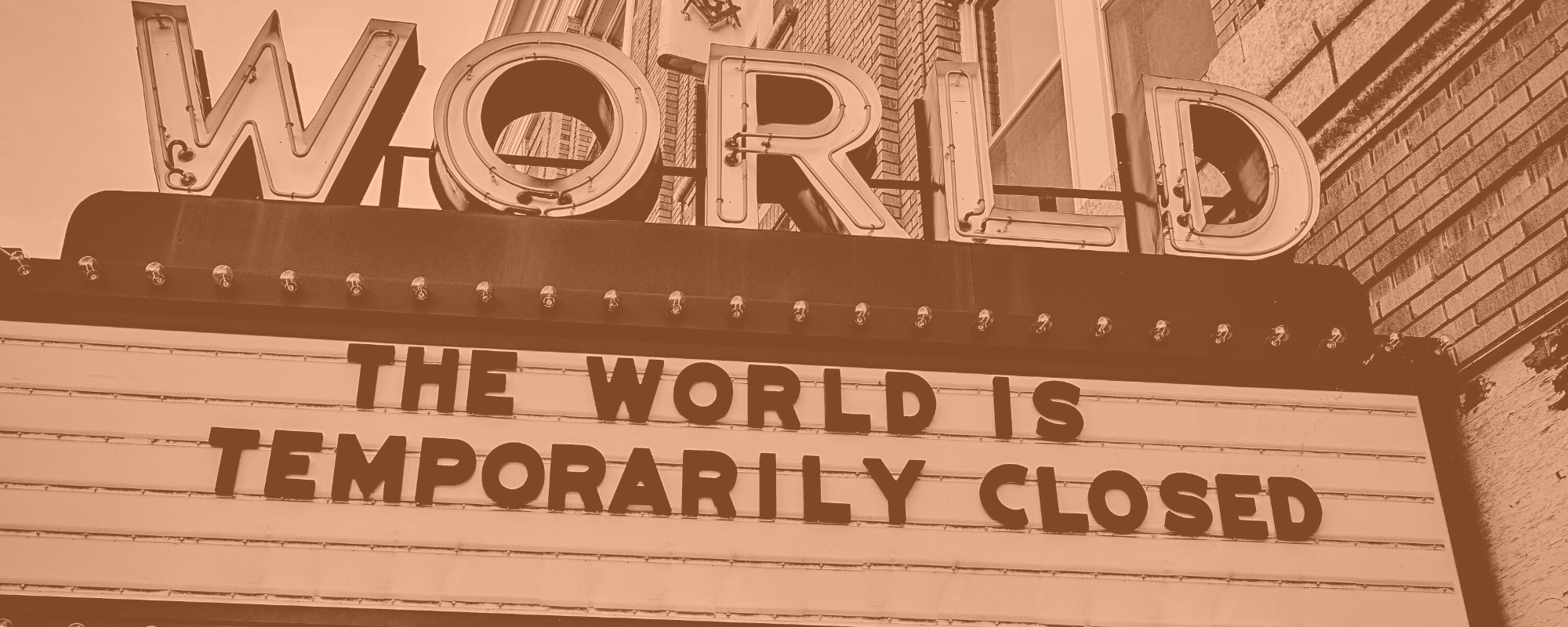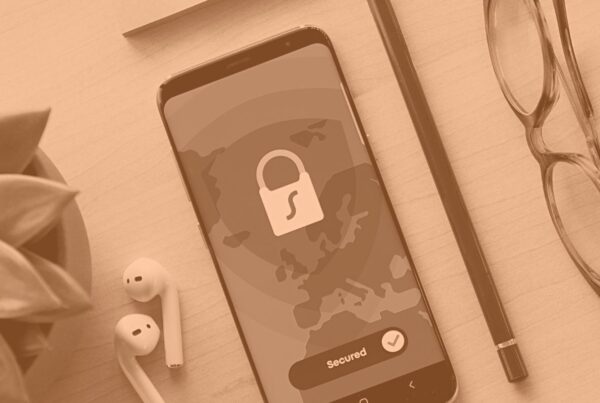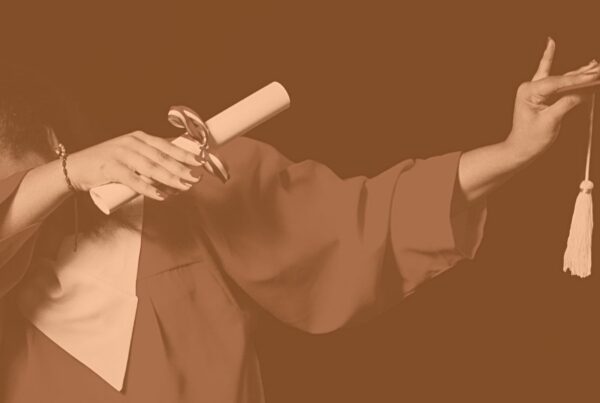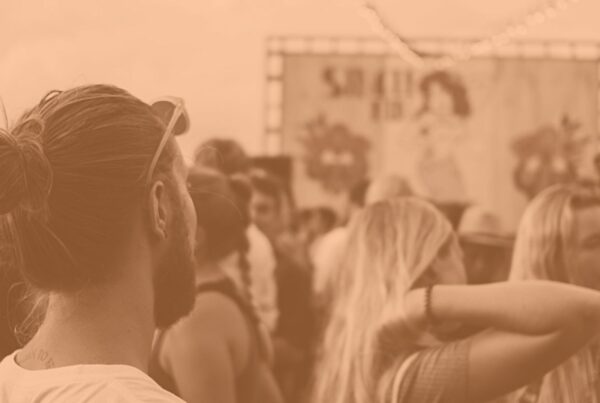In 2020, the COVID-19 pandemic devastated events across the globe. Almost three years later, the United States is finally making a widespread comeback, events included. Still, it’s not enough for President Biden to declare the pandemic over. As the Brew Crew shares today, many event professionals are still battling low attendance, learning about and designing for increased accessibility and figuring out how to implement the lessons they’ve learned throughout the pandemic.
In this episode of the Event Brew podcast, Arianna, Will, Nick, and Dustin discuss where the events industry started, what the industry needs today, and how to move forward. Let’s get right to it!
Where We’ve Been and Where We are now
Nick starts today’s discussion by setting the scene. “It’s been this ambiguous period of doing what you have to do for a couple of years now. For example, every linen company was sewing things to make masks. Entertainers were doing DJ sets for virtual all-hands meetings. I saw every event professional do what they had to do.”
Nick, and many others, used to champion the idea of “staying in your lane,” or in other words, sticking to your job. The pandemic forced many people to throw that line of thinking out the window. But he wonders what “back to normal” means for the events industry. “Are we going to mix it up? Who are we, and should we go back to the way things were? There’s a lot of unpacking there.”
“In the beginning, we had these high hopes for this industry that we’d learn lessons and come back stronger,” says Dustin. “We can track back to episodes where we talk about having a better work-life balance or that we want to involve diversity, inclusion, and accessibility more in our events.”
A few of those episodes include:
- Remote Work: Is it Helping or Hurting the Events Industry? (2020)
- Diversity in Events with William S. Mathews (2021)
- Diversity and Inclusion in Events: Paving the way for a Better Tomorrow (2020)
Dustin believes normalcy returned so quickly people didn’t have enough time to slowly implement their lofty dreams of a better tomorrow. The pandemic “lasted so long that a lot of the industry was desperate to return to work. Muscle memory took us back to where we knew how to be successful. I think we lost some of that goodness we were building and all those lessons learned. Now, in 2023, I hope we can look back and say, I remember that lofty goal I had.”
Evolving Events: It’s Time to Learn from the Past
With refreshed memories, the Brew Crew turns to events in 2023. Arianna starts by sharing her thoughts on recent news about the industry. “I know that, in North America, our total meeting booking numbers have rebounded, but I’m wondering which events those are,” she says. “For myself and many of the people I work with, we haven’t gone back. As someone who could digitize and convert quickly, I noticed, in 2020, that it was mostly the events industry that wanted to go back, especially folks in roles that didn’t translate or have the resources to re-skill quickly.”
“I’ve always had a love-hate relationship with events,” continues Arianna. “But going through this has made me see that conferences were never good enough. Particularly, academic and high-level business conferences are elite as hell. Like, it’s a $700 ticket, requires me to not care for elders or kids, and requires that my employers sponsor the experience for me. I think events are naturally going to evolve, and I think quite a few of us aren’t willing to go back because events weren’t good enough in terms of diversity and accessibility.”
“I’ve reached new levels of speaker and moderator diversity because we’re no longer asking people to find their own travel. They’re able to participate from anywhere.” For Arianna, learning how to transition back to in-person without losing what events have gained is non-negotiable.
“That’s super interesting,” says Dustin. “This disruption broke the tradition of events. If you went back in time, events needed to evolve. We hoped that it was going to push events to start that evolution. When you said conferences are for the elite, you’re so right, and it’s gotten worse. Travel prices have gone through the roof.”
“Part of me thinks that this report that numbers are up is the rubber band coming back,” adds Will. But he believes, in reality, it’s the increasing costs of attendance that will bring current optimism into check. “I could be wrong, but I feel like what we’re feeling is the energy of ‘I have to get back to in-person.’ But people are going to go back in person and feel, ‘Did I need to?’”
Many events have failed to meet attendee expectations, stakeholder expectations, or both in recent years. Nick believes the industry and event attendees are past the point of accepting pandemic-related excuses in the face of lackluster experiences. “Whatever your show is this year, is your show. CES is a good example of that.” Of its 170,000+ attendees in January 2020 (pre-COVID for the U.S.), only 45,000 returned in 2022. In 2023, CES saw an improved attendance of 115,000 attendees.
According to Nick, these changes in attendance aren’t purely COVID-related. “It was, ‘My habits are broke. I’m reevaluating what I’m doing, or I’ve acquired new ways to think about content and attendance. And I’m choosing not to go.’ Maybe everyone has to go back and run their show exactly how they did in 2019 to make changes. With as many new technologies as we have and new skills learned, I have not seen them applied [in recent events]. I also wish that some of the bigger lessons we learned that don’t take more work would still be applied. As Ariana said, it really is the DEI stuff.”
Evolution and Design Require Resources and Intention
If the events industry has learned valuable lessons throughout the pandemic but fails to create events using new technology and knowledge, how can you change that?
“Design is the missing piece,” says Arianna. “You can have all the fancy tools in the world, but if you don’t design your event with intention, you’re not thinking through the attendee experience from start to finish, not developing your personas, or understanding how to approach your event, then you’re not doing your attendees justice.”
There was a time when online events were rushed and hosted to simply have an event, but those days are over. “We haven’t even seen the best of what a true online networking experience can be,” continues Arianna. “This is very hard for people because they revert to a YouTube comments mentality. No, these are real humans in the container with you. We need to teach the attendee how to engage in that digital space, and that’s a ton of work.”
“Do you think some of this slowed because the vast majority of professionals and those with a voice are in the in-person space?” asks Dustin.
“A lot of leadership making decisions around this are the event rock stars,” Arianna responds. “If I’m the VIP and this is a paid experience for me as an executive, then, of course, I’m not thinking about the attendee doing elder care and watching a kid because everyone is still working remotely.”
Arianna argues that there is no good argument against networking online. “I have to call bullshit. If we can collaborate and remotely onboard with Teams, we can certainly meet new humans in an event container when it’s done with intention, and there’s a focus on pre-educating the attendee on how to engage. Yeah, it takes a lot of resources. It takes a lot of thinking about.”
Final Thoughts: Virtual did and Still can Make a Difference
As Arianna begins to wrap up today’s Event Brew episode, she turns the crew toward accessibility.
“One of the things we have to learn moving forward is what the future looks like for folks like me. We got used to the accessibility of asking speakers, thought leaders, and experts questions. I never want to be talked at again. We created spaces for speaking, conversing and engaging with the content. For all of my folks planning on-site events already, where are you creating these spaces for attendees to weigh in? At the end of the day, it’s about allowing attendees to shape the experience that is reflected back to them on stage.”
And as an event professional passionate about accessibility, Arianna has heard from attendees positively impacted by her events. For example, after speaking at your event, “‘I got this offer. My company was sold, and we went public.’ And then, in the next breath, ‘I would not have been able to come in person.’ Seeing that we’re now reaching a global audience is so fulfilling. We’re able to bring in global speakers and increase diversity. These conversations are so critical.”
Arianna continues: “How do we use events for good? What is it that you learned in the last few years? What did you learn that you’re just not willing to compromise? And what are you carrying forward?” She provides an example from her own experience, “Until I’m able to honor an increase in our scholarship program from 50 to 500 passes, I’m not going back on-site.”
What do you think? We want to hear about what you’ve learned in the last three years and how you continue evolving your events. Send us an email! We read every one and love reading your thoughts and discussing your questions.








